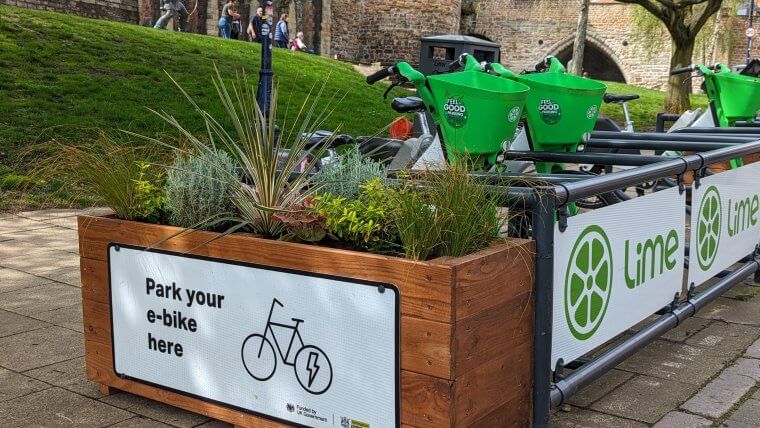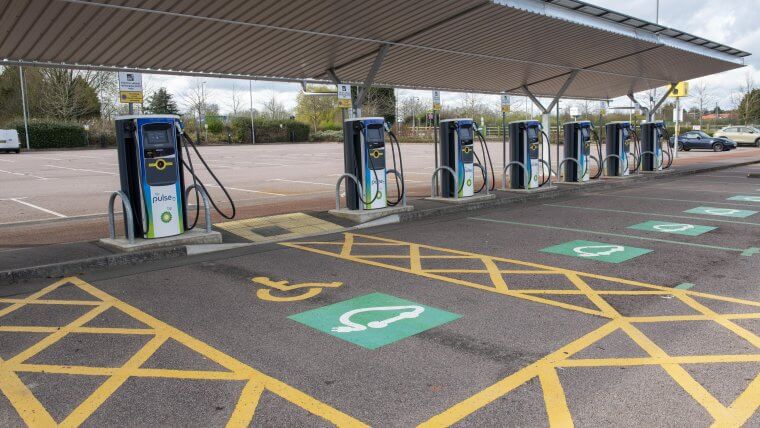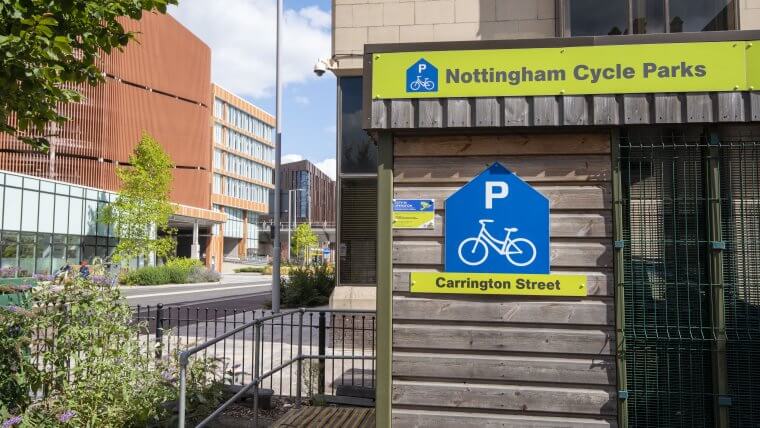11 June

Soggy British weather is part of our national identity, but when it’s been raining cats and dogs outside this can also lead to issues on the roads.
What we do to keep roads clear and safe
Why is drainage important?
After a heavy downpour it’s important that surface water is drained away quickly so there aren’t issues with ‘ponding’ which can be a road safety hazard.
Roads are dangerous and hard to navigate if they are underwater. Stopping distances can be almost double and there are issues with grip – particularly when travelling at speed. In addition to this poor drainage can lead to costly damage to people’s homes if areas flood.
Managing water is also important to keep the roads in good condition as water – particularly when it freezes – expands then thaws over winter, which can damage the road surface and lead to issues like potholes and subsidence.
What specific issues are there in Nottingham?
Famously, Nottingham is a city of caves – which makes it more difficult to manage water underground. Even in areas where there aren’t cave systems under the road most of the city uses old Victorian pipework that isn’t fit for the city the way it is today. That’s why it’s important to manage water on the surface wherever possible to limit the amount of water that’s going beneath the ground and into the sewer system. Above ground features are a solution such as gravel, water butts and rain gardens to try and manage water on the surface.
Nature is great at controlling the flow of water to the ground -trees, plants and green areas slowly absorb water back into the water table. We try to mimic natural drainage as much as possible but this presents a challenge in a heavily built up urban environment. We build ponds and incorporate green spaces to help manage some of the water that runs off freshly tarmacked surfaces.

Our drainage team legally have to be consulted on any new development to make sure that designs have been made with adequate drainage. For example, as part of the Broadmarsh redevelopment we have worked with the planners to ensure they incorporate green rooves and oversized pipes to help deal with the water.
Looking after the drains
There are over 40,000 gullies (the metal grates and vertical holes you see on street) across the city, which the council look after. Each is cleaned at least once year – and more regularly in some areas. This stops litter, silt and other items clogging these and leading to blockages and other flooding hazards.
Once the water heads into pipes underground then our local utility company Severn Trent Water is responsible for the maintenance. We work with them as much as possible to ensure that when they need to dig up the road to access their pipes they are able to do so, and this causes as little disruption as possible to traffic and residents.

Travel safe
It’s important that people think carefully about how they travel when there are periods of heavy rainfall, here’s a few tips on how to stay safe on wet roads…
On your bike
- Be visible – High visibility clothing is even more important in poor weather conditions. Use your lights if the rain is particularly heavy.
- Plan your journey – both the route and the timing, check the weather forecast – can you avoid the heaviest showers?
- Avoid puddles and other slip hazards – this can cause you to lose control of your bike, and you can’t necessarily see how deep the puddle is. When crossing tram tracks it is even more important in wet weather to make sure you cross at a 90-degree angle to the tracks, as these will be slippery.
- Signal early – all vehicles will take longer to stop when the road is wet so signal your intent to turn early and clearly
- Brake early – allow plenty of stopping distance, and slow down before squeezing your brakes.
When driving
- Use your lights – make sure other road users can see you
- Keep your distance – when the road is wet it can take twice as long to stop
- Plan your journey – Be mindful of your route and avoid any areas prone to flood. People travel slower in wet weather so be patient and allow extra time for your journey.
- Watch your speed – reduce the risk of skidding or aquaplaning by slowing down
- Avoid the flood – if you come across flooded roads, particularly in rural areas avoid if possible, as you can’t always tell how deep it is.
- Be considerate of other road users – watch out for people walking or cycling and give them plenty of space





